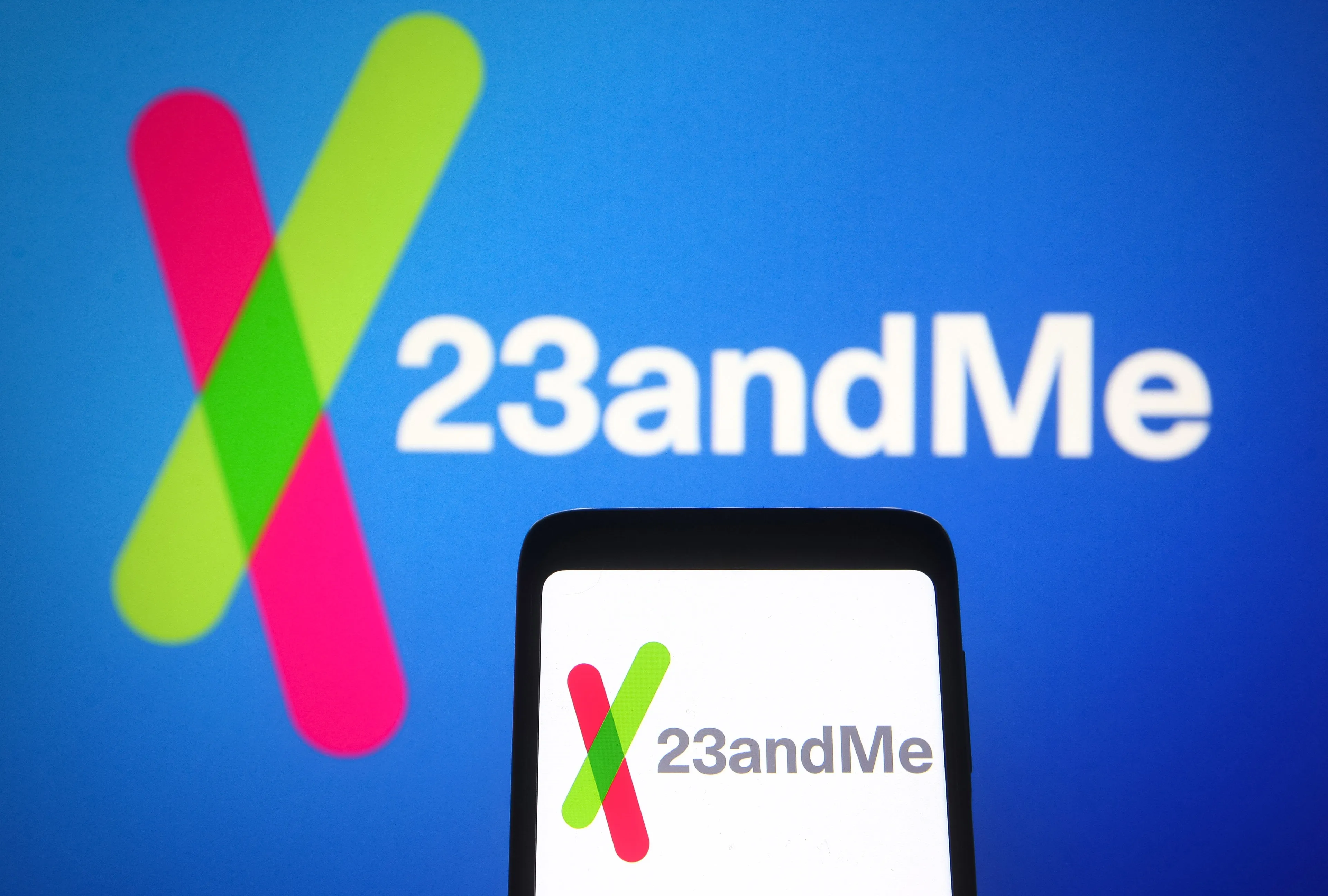Understanding the Impact of 23andMe At-Home DNA Testing on Privacy and Ancestry
Wednesday, 16 October 2024, 12:00

Exploring 23andMe At-Home DNA Testing
23andMe has revolutionized direct-to-consumer DNA testing, enabling individuals to uncover their ancestry and genetic predispositions. However, this access comes with significant concerns over data privacy.
The Privacy Concerns of DNA Testing
- Potential Sale of Genetic Data: As companies like 23andMe face financial struggles, the risk of selling user data increases.
- Many users remain unaware of how their DNA test results might be utilized by third parties.
- Users should consider the implications of deleting 23andMe data before proceeding with tests.
Informed Decision-Making in DNA Testing
- Evaluate the potential benefits against the privacy risks.
- Understand the scope of data shared with 23andMe.
- Consider alternatives that prioritize data privacy.
As awareness grows about the implications of at-home DNA testing, it is imperative for consumers to remain vigilant and informed about their choices.
This article was prepared using information from open sources in accordance with the principles of Ethical Policy. The editorial team is not responsible for absolute accuracy, as it relies on data from the sources referenced.